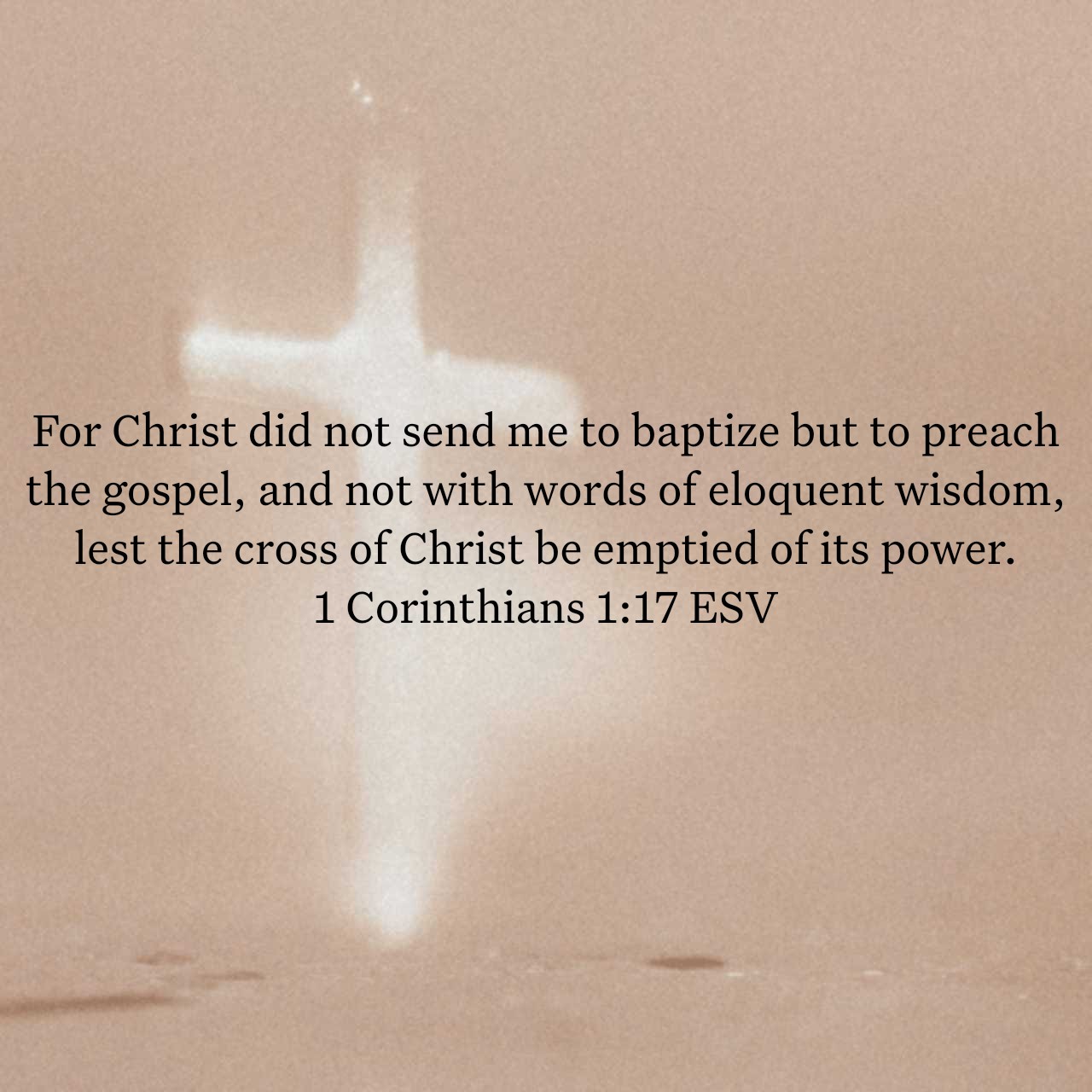Devotional 13 October 2025

Paul’s appeal for unity is not sentimental; it is spiritual. The Corinthians were already “enriched in Him in all speech and all knowledge” (v. 5), yet their behavior betrayed a divided heart. They had allowed worldly instincts to creep into the church: the craving to belong to the winning side, to follow the most eloquent voice, to build identity around a leader rather than the Lord. But the unity Paul calls for is not natural agreement; it is supernatural harmony born from being joined to one Christ.
When believers say, “I follow Paul” or “I follow Apollos,” they forget that no messenger can stand beside the message. Paul asks piercingly, “Is Christ divided? Was Paul crucified for you?” (v. 13). The absurdity is deliberate: to divide over those who merely preach Christ is to deny the very Christ who unites us. Jesus Himself prayed “that they may all be one … so that the world may believe” (John 17:21). The gospel’s credibility is bound to the church’s unity.
Paul refuses to play into the cult of personality. He thanks God that few can boast of being baptized by him, not because baptism is unimportant, but because no human name should overshadow the name of Christ. To Paul, even the idea that his preaching might be praised for eloquence threatens the cross’s power. “Christ did not send me to baptize but to preach the gospel,” he says, “not with words of eloquent wisdom, lest the cross of Christ be emptied of its power” (v. 17).
The church’s unity is not maintained by clever speech or persuasive leadership but by the shared confession that “Christ died for our sins … was buried … [and] was raised” (1 Cor 15:3-4). The same Spirit who raised Jesus makes us one body (Eph 4:3–6). This is a sobering call to the church: are we following our church leaders because they are leading us to Christ, or because they make us feel good, or smart, or self- righteous? And a sobering reminder to church leaders: are we leading people to Christ, or are we running a popularity contest, entertaining the sheep so that they prefer us?
Let us remember that unity in Christ is not built on personality, preference, or performance, but on the power of the cross. Wherever Christ is preeminent, division dies, pride falls silent, and His church stands as one.